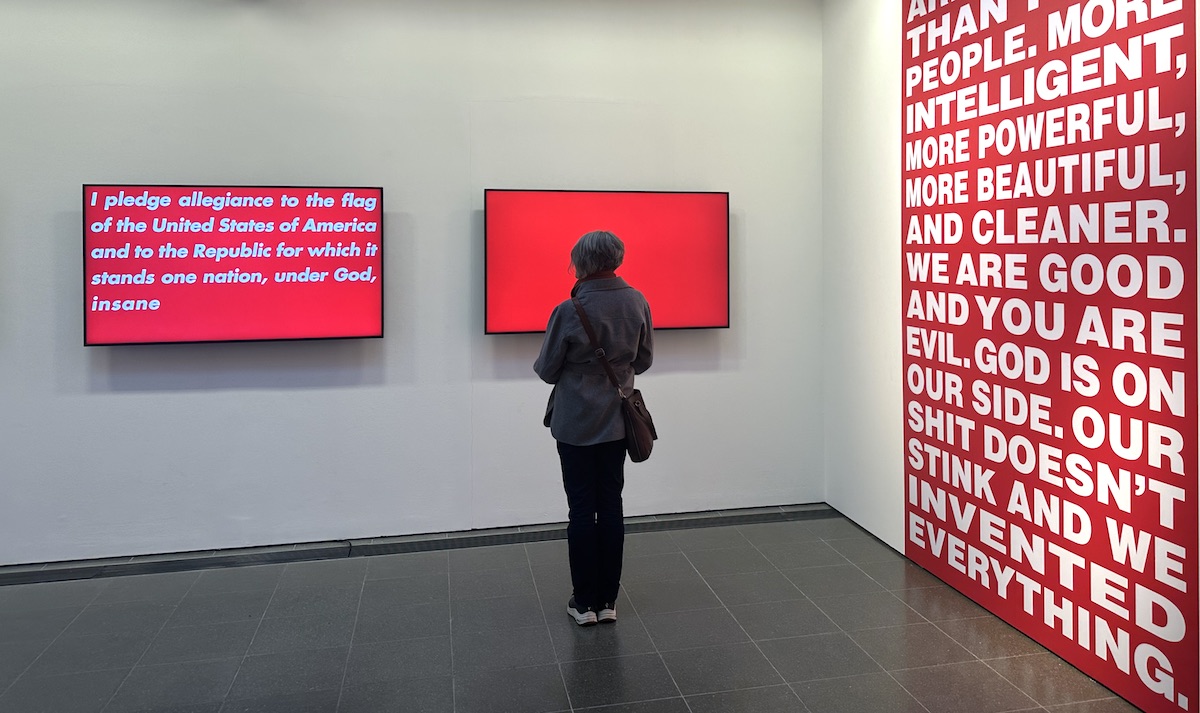Arts Council England (ACE), a pivotal UK government agency known for its funding initiatives empowering museums and art spaces nationwide, is embroiled in controversy following the unveiling of a new policy that cautions against making “political statements.”
On January 28th, ACE quietly updated its policies by introducing a new section called “Considering Reputational Risk.” This section advises institutions to avoid engaging in activism. Funding recipients are expected to refrain from activities deemed overtly political extending beyond the core purpose of their establishments. Moreover, partnerships with organisations potentially conflicting with the aims of public funding are discouraged.
It is deeply concerning that the new guidance could be misused or misinterpreted, especially in cases involving Feminist, LGBTQ+, BLM Arts, or anyone taking a position on current conflicts such as Israel/Palestine or Russia/Ukraine. Whatever the intention, this new policy will endanger the relevance of ACE. The new rules will inevitably fail, leaving many red faces and resignations. To put this into another context, fast forward 50 years; how will this be interpreted to fit into societal shifts, and could it be misused to control artistic integrity? There are already measures within ACE that disallow hate speech. Isn’t this enough?
ACE stated, “Reputational risk can be generated not just by the organisation and its decision but also by staff and other individuals associated with the organisation acting in a personal capacity.” and includes “activity that might be considered overtly political and activist and goes beyond your company’s core purpose and partnerships with organisations that might be perceived as being in conflict with the purposes of public funding of culture”.
The move has drawn sharp criticism from luminaries across the artistic spectrum. Notable voices, including authors Matt Haig, Asif Kapadia, musician Feargal Sharkey and poet Nikita Gill, have used online platforms to express their apprehensions. Haig underscored these guidelines’ “scary” implications in a candid post on X.
On Wednesday, ACE stated, seeking to elucidate its stance in response to the uproar. Emphasising support for free speech, the organisation sought to dispel doubts surrounding its commitment to artistic expression. “We wanted to clarify the reason for the changes we made, and – for the absolute avoidance of doubt – our position on freedom of expression for artists and organisations,” ACE articulated.
Citing the heightened polarisation prevalent in contemporary discourse, particularly on social media platforms, ACE defended its guidance as an attempt to equip organisations with strategies to navigate potentially contentious situations. It underscored that the latest directives were primarily directed at leaders within cultural institutions, particularly those occupying prominent roles susceptible to heightened public scrutiny. ACE highlighted that the positions of individuals, such as artistic directors, might inadvertently reflect on the broader organisations they represent.
ACE, an institution with roots tracing back to 1946, has been instrumental in shaping England’s cultural landscape. Tasked with championing and fostering artistic endeavours across the nation, ACE plays a pivotal role in ensuring accessibility and inclusivity within the arts. Leveraging public funds allocated by the UK government and National Lottery proceeds, ACE supports various artistic disciplines, from theatre and dance to literature and digital arts.
Beyond financial support, ACE is a beacon of guidance and advocacy within the arts sector. ACE endeavours to cultivate creativity and nurture talent at all levels by encouraging innovation, diversity, and excellence. Through strategic initiatives and collaborative partnerships, ACE seeks to enrich communities, foster cultural engagement, and amplify the transformative power of the arts in people’s lives.
The unfolding saga surrounding ACE’s new policy underscores the delicate balance between artistic expression and institutional responsibility, igniting a broader conversation about the role of art in contemporary society and the complexities of navigating political terrain within creative spaces.


